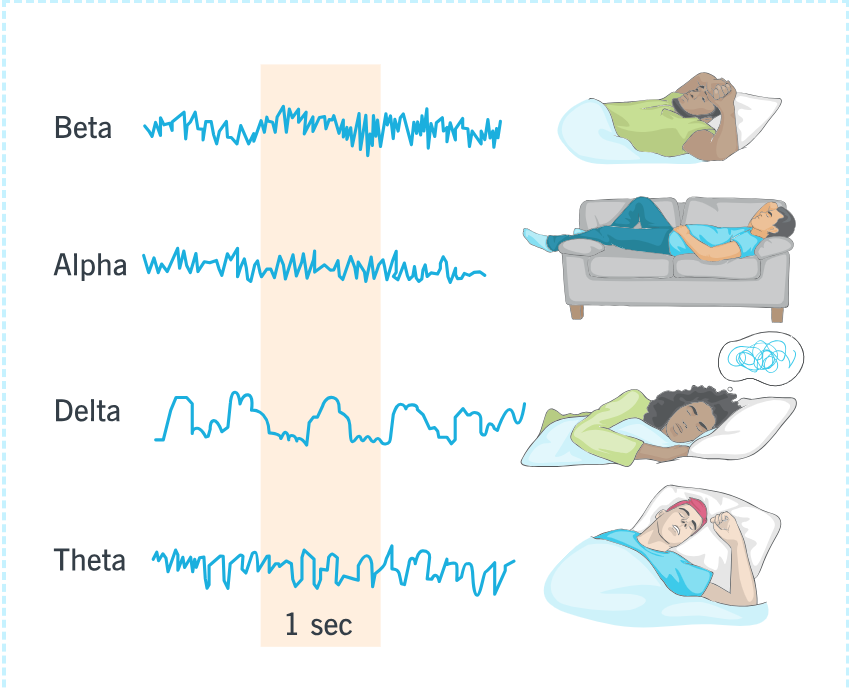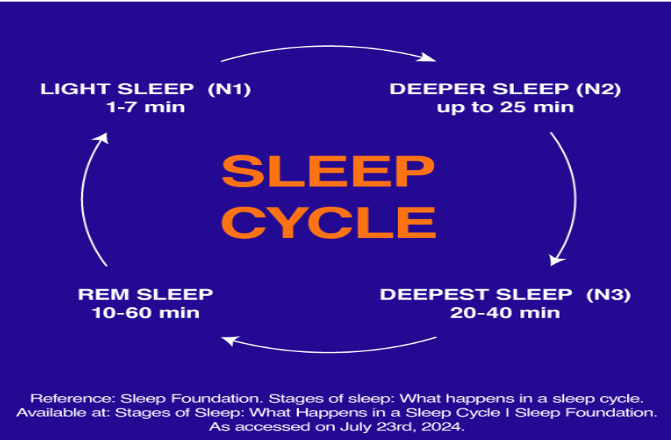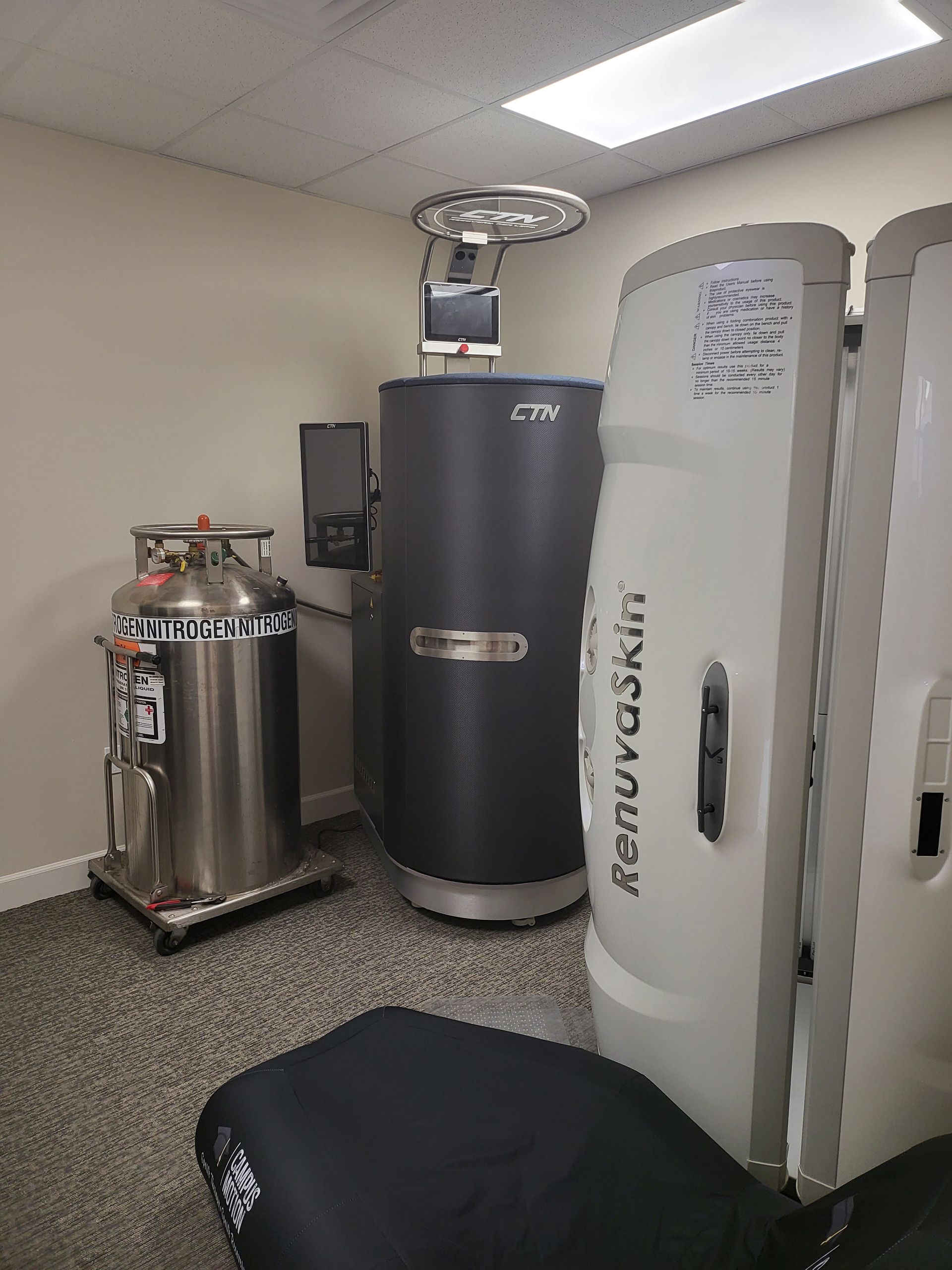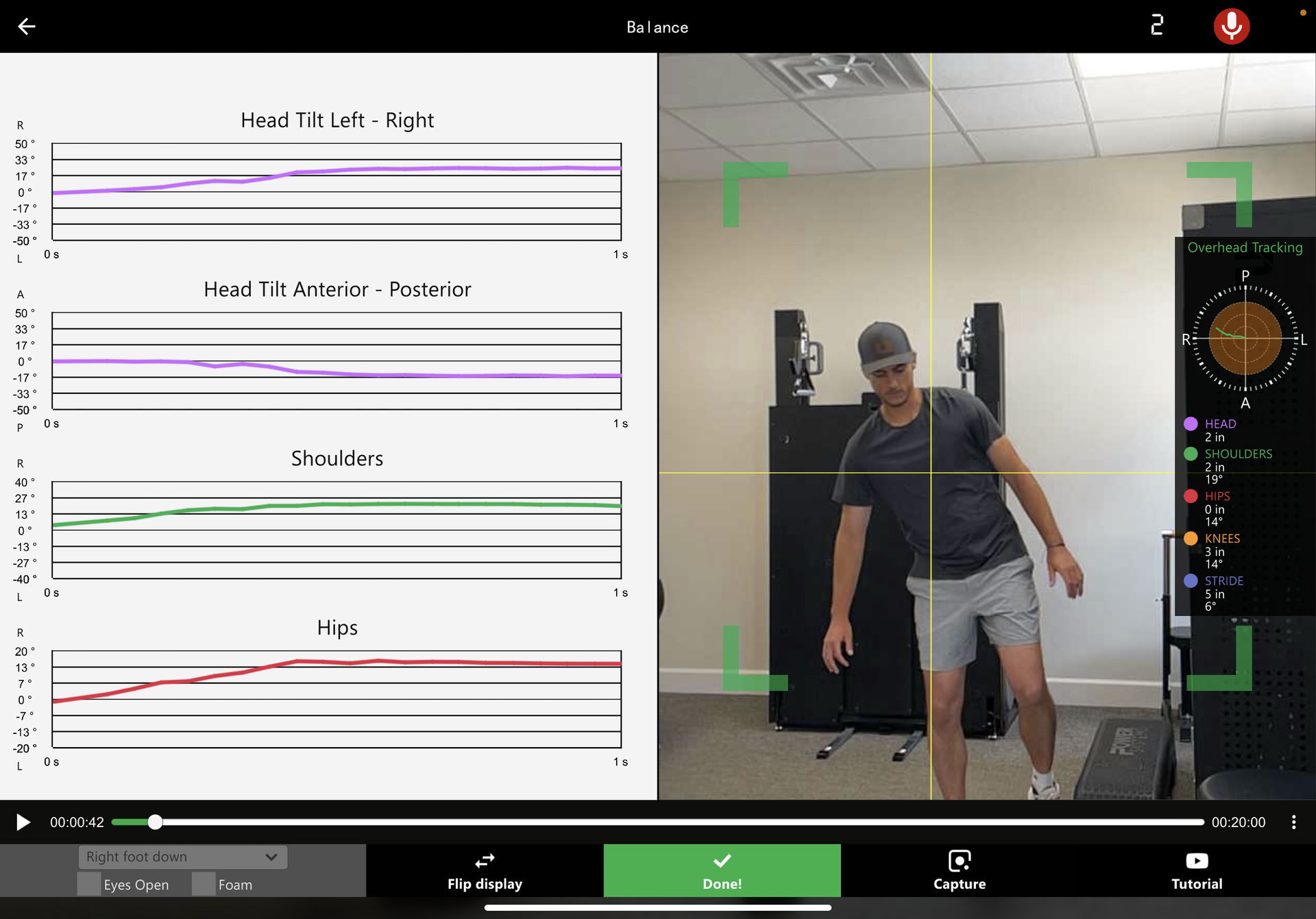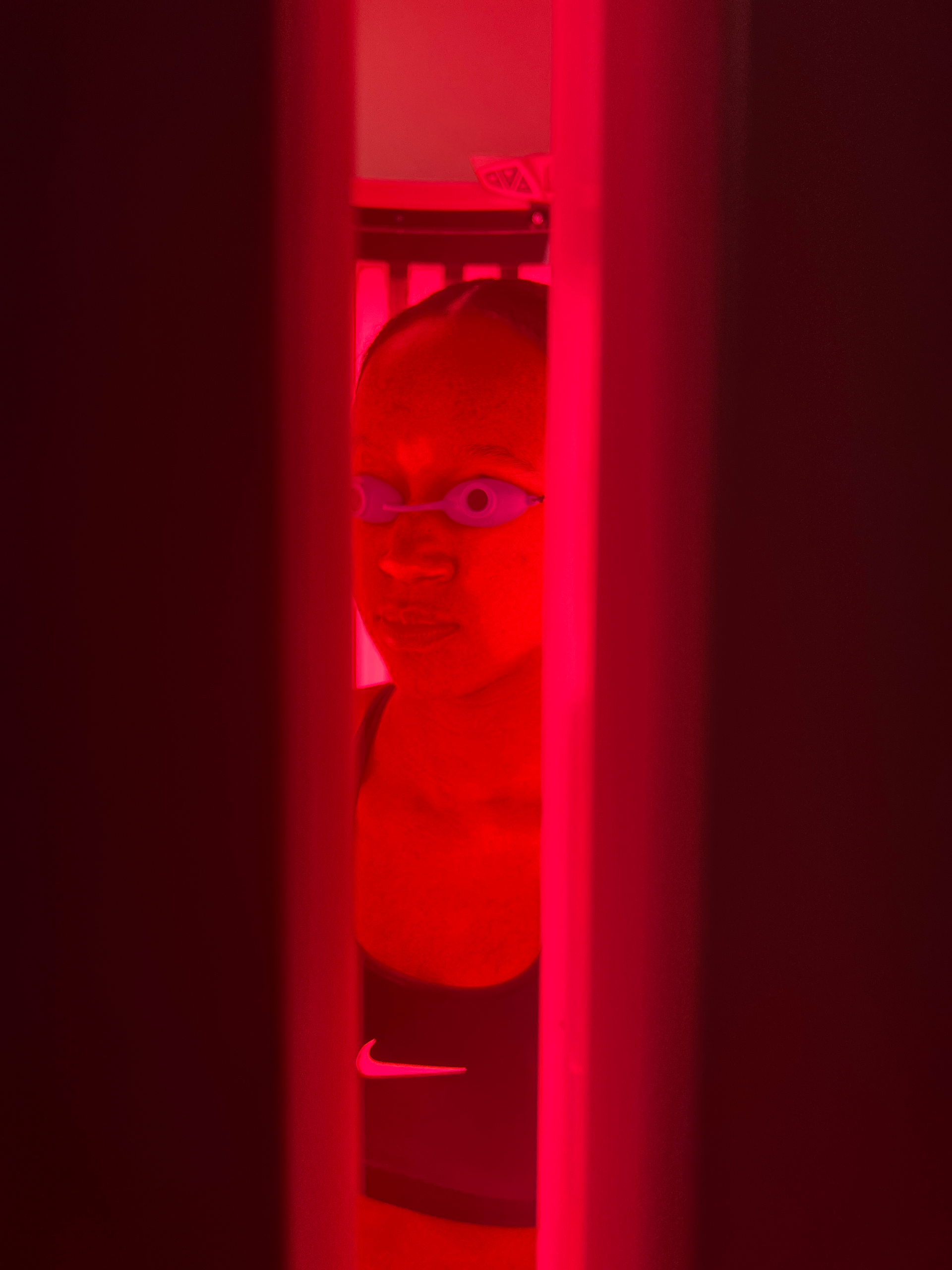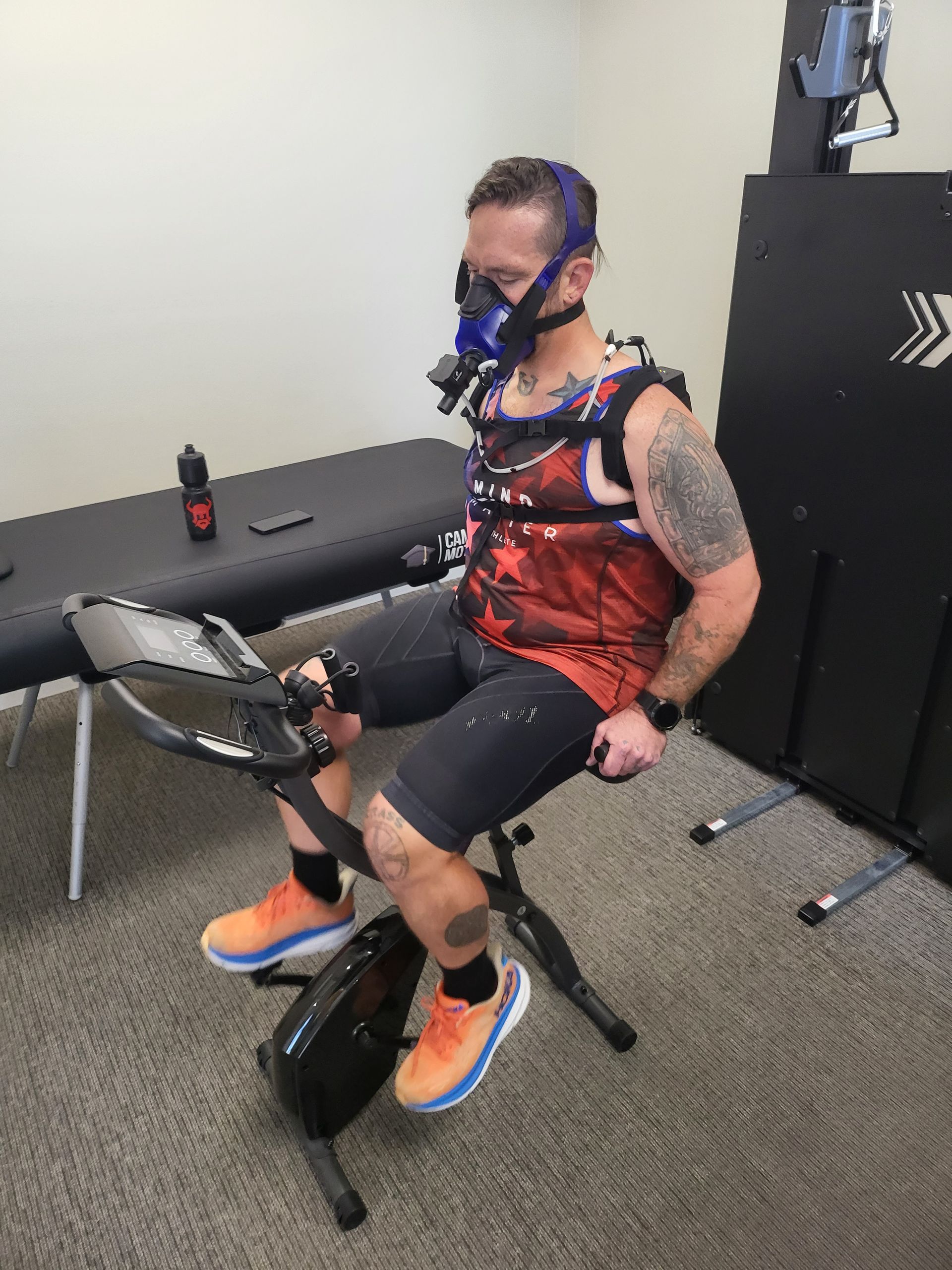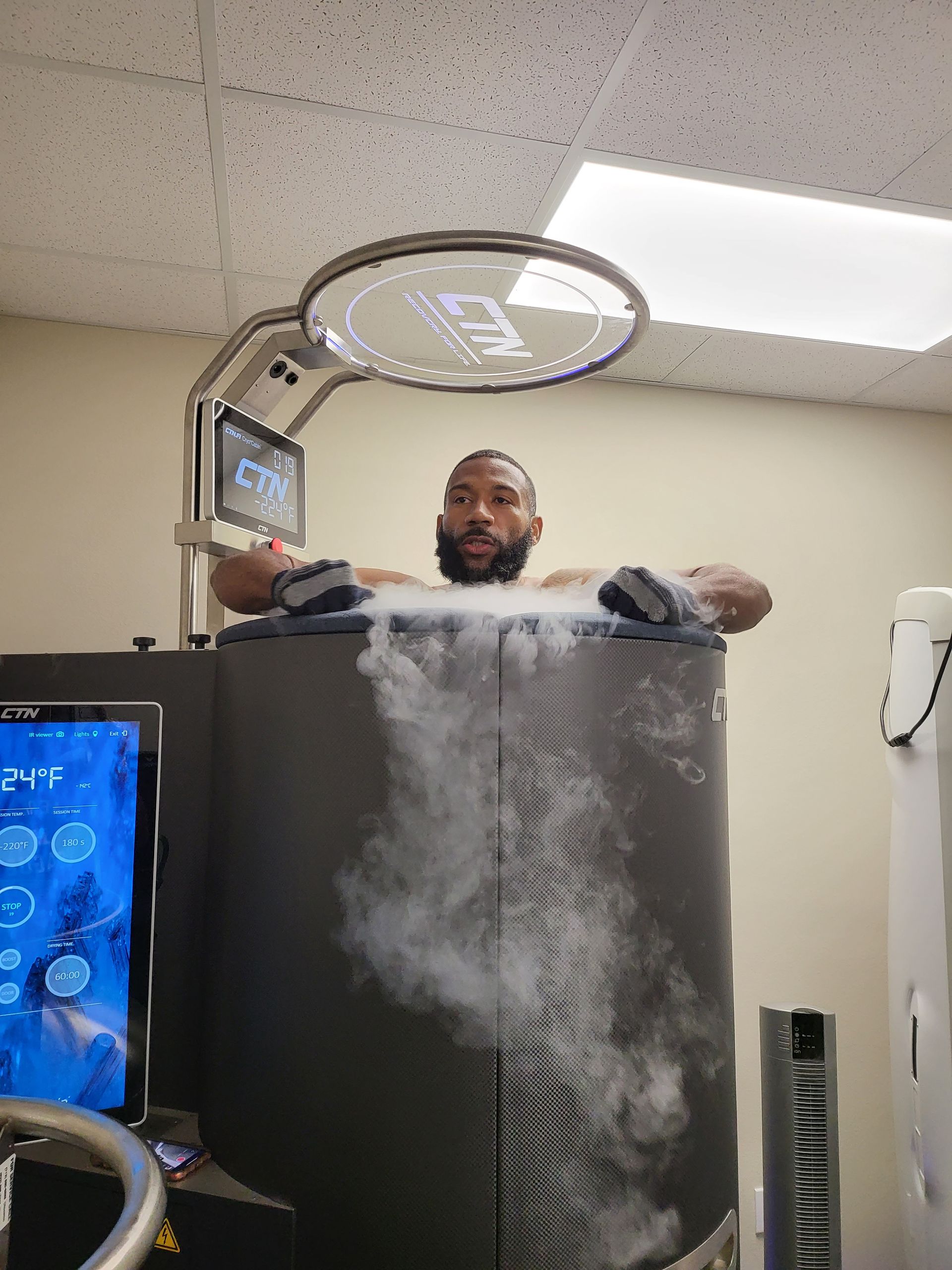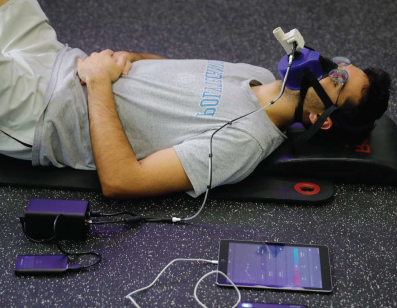Sleep 101 Continued: Understanding Circadian Rhythms & Hormones
The Biological Clock Within Us
Circadian rhythms are the 24-hour cycles that regulate our biology. These rhythms help organize our physiological processes in response to light and dark. Whether you're a LinkedIn professional or a marathon runner, understanding and aligning with these natural cycles can make a world of difference to your productivity and health.
The Central Master Clock: The Suprachiasmatic Nucleus
At the heart of our circadian rhythms is the suprachiasmatic nucleus (SCN), located in the hypothalamus. This central clock coordinates with peripheral clocks in each of our cells and specific organs, such as:
Lung clock
Kidney clock
Heart clock
Skin clock
These clocks are synchronized by light-dark signals transmitted through our eyes to ensure our body functions in harmony.
The Role of Circadian Rhythms
Circadian rhythms are natural, internal processes that regulate the sleep-wake cycle and repeat roughly every 24 hours.
They influence a myriad of bodily functions, including:
Hormone release
Eating habits
Digestion
Body temperature
Sleep patterns
Disrupting these rhythms can lead to poor sleep quality, which impacts both physical and mental health.
The Impact on Your Life
Sleep Quality
Consistent disruption can lead to insomnia, poor sleep quality, and other sleep disorders. Quality sleep is essential for recovery, cognitive function, and overall health.
Physical Health
Misaligned circadian rhythms can contribute to chronic health issues such as obesity, diabetes, cardiovascular diseases, and weakened immune function.
Mental Health
Poor sleep quality can negatively impact mental health, leading to issues such as depression, anxiety, and cognitive decline.
Cortisol: The Natural Alarm Clock
Cortisol helps us free up stored energy overnight. Here’s how it works:
Evening: Cortisol levels decrease slightly.
Early Morning: Levels increase a few hours before we wake up.
Awakening: Cortisol peaks, providing the boost needed to get out of bed.
The cortisol awakening response is crucial for that early morning energy. Waking up unexpectedly early, before cortisol rises, can leave us feeling especially groggy.
Melatonin: The Sleep Hormone
Melatonin increases sleep drive at night and keeps us asleep throughout. Its production is dependent on darkness and follows this cycle:
Evening: Melatonin production increases.
Midnight: Peaks at about midnight.
Morning: Falls to its lowest level until the evening.
Photoreceptors in our retinas play a key role by transmitting light signals to the SCN, affecting melatonin levels.
Final Thoughts
Understanding your circadian rhythms and hormones like cortisol and melatonin can significantly improve your sleep quality, physical health, and mental well-being. For professionals, getting aligned with these natural cycles is not just a health matter; it’s a productivity booster. Embrace your biological clock, and watch your performance soar!
About Campus Motion Health Lab
Campus Motion is a cutting edge biohacking health optimization lab and wellness center utilizing the latest technological solutions to enhance the health of corporate and community populations. We focus on optimization of these aspects of health: Sleep Health, Brain Health, Movement Health, Metabolic Health, and Recovery Health and are located in the Cypress suburb of Houston, TX. We also provide consultation services to organizations, teams, and schools across the country. Reach out to us if you are interested in improving the overall health of your organization or team!
